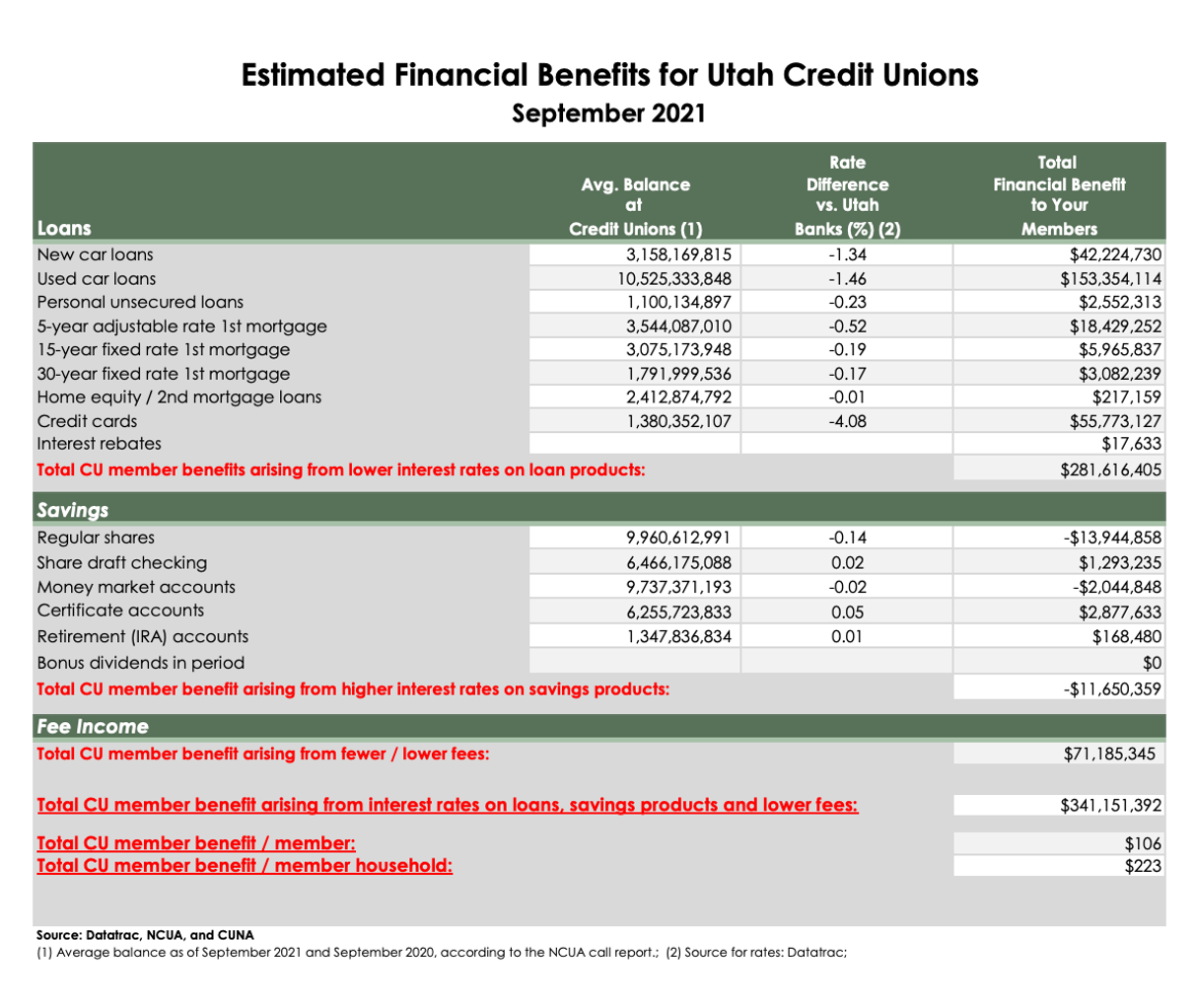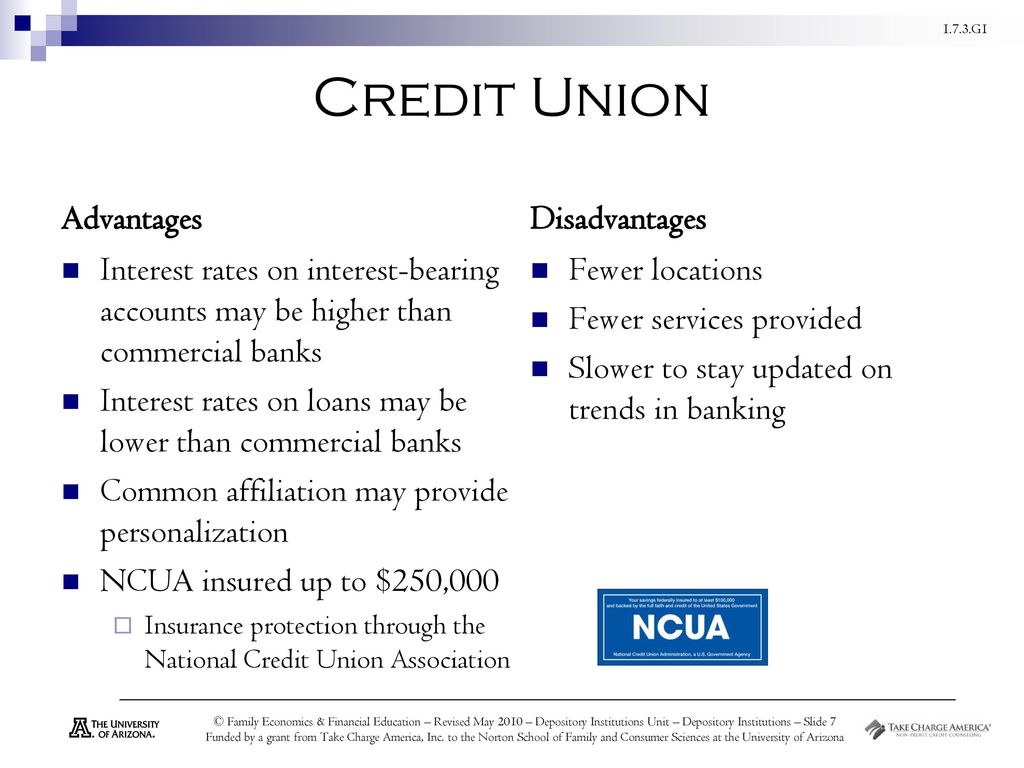Federal Credit Union: Quality Financial Solutions and Support in Wyoming
Federal Credit Union: Quality Financial Solutions and Support in Wyoming
Blog Article
The Ultimate Guide to Recognizing Lending Institution

Credit score unions stand as special financial entities, rooted in concepts of mutual assistance and member-driven operations. Beyond their fundamental worths, comprehending the detailed workings of credit rating unions includes a deeper exploration. Unraveling the intricacies of membership qualification, the evolution of services supplied, and the distinct advantages they bring calls for a comprehensive exam. As we navigate with the complexities of credit scores unions, an informative journey awaits to clarify these member-focused institutions and exactly how they vary from traditional banks.
What Are Lending Institution?
Credit rating unions are member-owned banks that use a series of financial solutions to their members. Unlike traditional banks, credit history unions operate as not-for-profit organizations, meaning their key emphasis is on serving their participants rather than maximizing profits. Members of a lending institution typically share an usual bond, such as benefiting the exact same employer, coming from the same area, or becoming part of the exact same organization.
One of the essential benefits of cooperative credit union is that they commonly offer higher rate of interest on savings accounts and reduced rates of interest on car loans contrasted to financial institutions. Credit Unions in Wyoming. This is because credit unions are structured to profit their participants straight, permitting them to hand down their revenues in the form of far better prices and fewer costs. In addition, credit unions are known for their customized client service, as they focus on building partnerships with their participants to understand their unique monetary needs and goals
Background and Advancement of Credit Report Unions
The origins of member-owned economic cooperatives, understood today as lending institution, trace back to a time when areas sought alternatives to conventional banking establishments. The principle of lending institution originated in the 19th century in Europe, with Friedrich Wilhelm Raiffeisen frequently credited as the pioneer of the participating banking motion. Raiffeisen founded the first acknowledged credit scores union in Germany in the mid-1800s, emphasizing community support and self-help principles.
The development of cooperative credit union continued in North America, where Alphonse Desjardins developed the first credit scores union in Canada in 1900. Shortly after, in 1909, the very first U.S. credit score union was created in New Hampshire by a group of Franco-American immigrants. These very early credit report unions operated on the essential principles of common help, democratic control, and member possession.
Gradually, credit report unions have grown in popularity worldwide as a result of their not-for-profit structure, concentrate on serving participants, and offering competitive economic product or services. Today, cooperative credit union play a crucial duty in the monetary sector, supplying community-oriented and easily accessible financial options for services and individuals alike.

Subscription and Eligibility Standards
Membership at a credit score union is usually limited to individuals satisfying particular eligibility criteria based on the establishment's founding concepts and governing needs. Some credit history unions might only serve individuals that work or live in a why not try these out certain area, while others might be customized to employees of a particular firm or participants of a specific association.
Additionally, cooperative credit union are structured as not-for-profit companies, indicating that their primary goal is to serve their participants rather than create earnings for shareholders. This emphasis on member solution usually converts right into more individualized attention, reduced fees, and affordable rate of interest on loans and financial savings accounts. By meeting the qualification requirements and becoming a participant of a credit scores union, people can access a range of economic items and solutions tailored to their certain demands.
Services and Products Supplied
One of the essential facets that sets credit report unions apart is the varied range of monetary solutions and items they provide to their participants. Credit history unions usually offer traditional financial services such as cost savings and checking accounts, financings, and credit report cards.
Additionally, cooperative credit union typically supply convenient online and mobile financial choices for members to quickly manage their funds. They might supply benefits such as shared branching, allowing participants to access their accounts at other credit rating unions throughout the country. Some lending institution also supply insurance coverage items like home, life, and vehicle insurance to assist participants shield their possessions and enjoyed ones.

Advantages of Financial With Lending Institution
When thinking about banks, discovering the advantages of financial go to the website with cooperative credit union reveals one-of-a-kind advantages for members looking for tailored solution and competitive rates. One substantial advantage of credit rating unions is their emphasis on individualized client service. Unlike big financial visit their website institutions, lending institution are member-owned and prioritize structure solid relationships with their participants. This suggests that cooperative credit union team frequently have a deeper understanding of their participants' economic needs and can provide customized remedies to assist them attain their objectives. Additionally, lending institution are recognized for supplying affordable passion prices on cost savings and financings accounts. Due to the fact that they are not-for-profit organizations, lending institution can often provide lower car loan rates, higher cost savings prices, and reduced charges compared to conventional banks. This can result in significant expense financial savings for participants gradually. Generally, banking with a lending institution can supply a much more customized, affordable, and member-centric financial experience.
Conclusion
In conclusion, credit scores unions stand out as member-owned monetary organizations that prioritize offering their participants over taking full advantage of revenues. With origins dating back to 19th century Europe, credit score unions adhere to concepts of mutual support and participant possession.
Debt unions are member-owned economic establishments that use an array of financial services to their members. The concept of credit rating unions originated in the 19th century in Europe, with Friedrich Wilhelm Raiffeisen often attributed as the pioneer of the cooperative financial activity.The advancement of credit unions proceeded in North America, where Alphonse Desjardins established the initial credit scores union in Canada in 1900. Credit scores unions generally offer traditional financial services such as savings and checking accounts, lendings, and credit rating cards.When considering economic institutions, discovering the benefits of banking with credit rating unions discloses distinct advantages for members seeking individualized service and affordable prices.
Report this page